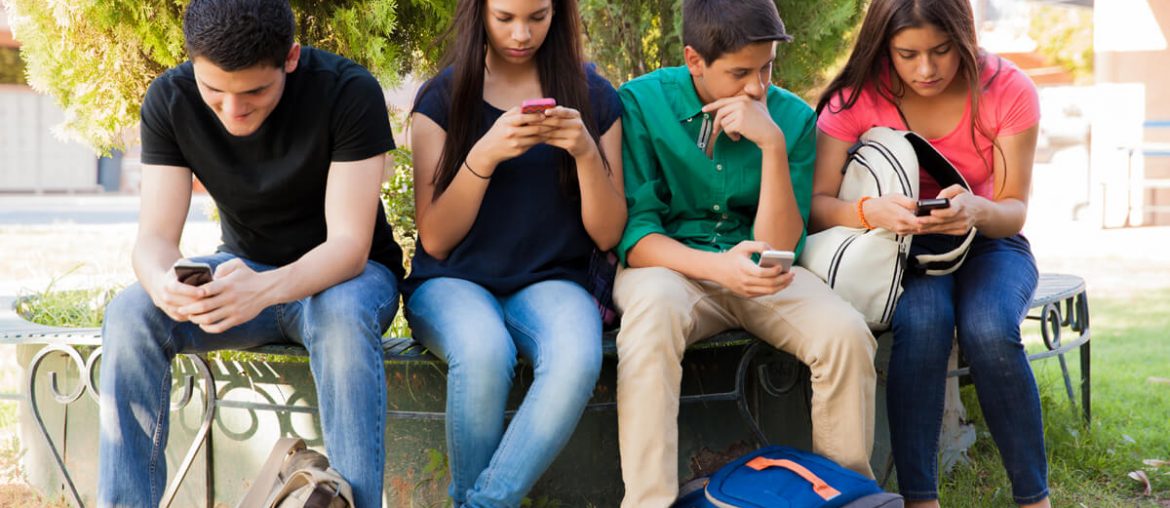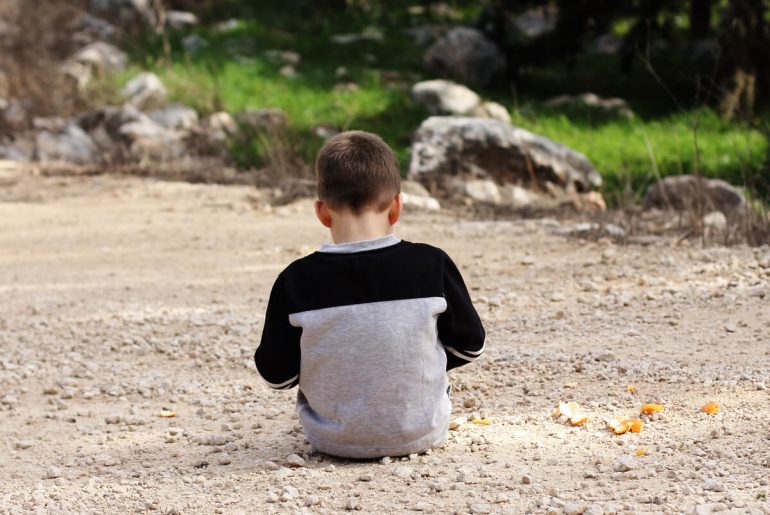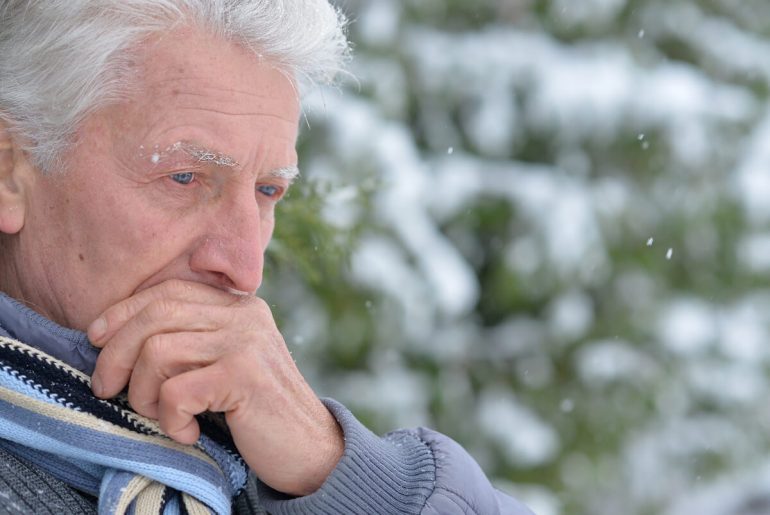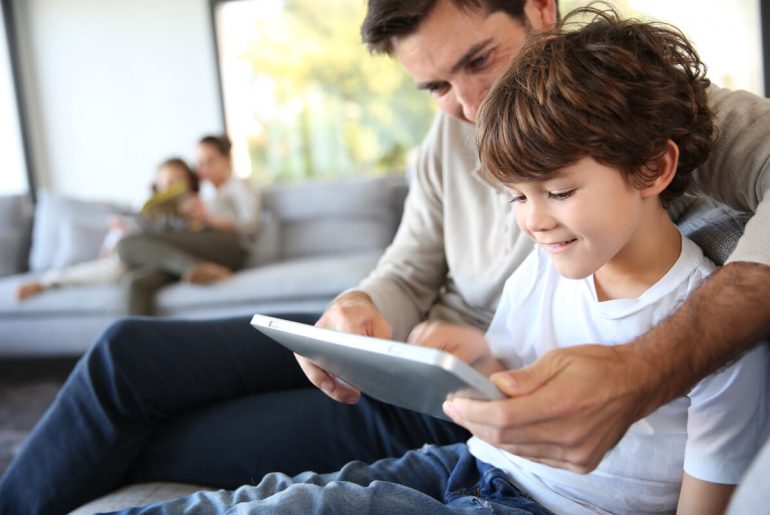We are all addicted to checking out our social media platforms while still rubbing our eyes each morning. Teenagers make the most of social media, be it updating their profile photos on Facebook, Snapchatting and Instagramming about their new hairdo, or Tweeting about the latest trends across the globe. The constant desire to stay connected and being updated on everything that is happening in webspace can be taxing though. These late night log-ins can seriously undermine their sleeping time. A series of latest researches have revealed that checking in on tweets and Facebook updates into the wee hours of night can lead to insomnia.
A new UK- based study published in the Journal of Youth Studies has reported that one in every five teenagers are losing sleep over increasing social media usage. They are also three times more likely to be tired at school than their peers who avoid ‘liking’ and updating statuses on social media sites. Researchers involved in the studies inquired teens about their usage activities on social sites during the day and night time, sleep routines, quality of sleep, anxiety, depression and the pressure to be online 24 x 7. Research showed that the teens have reported issues with anxiety, depression and sleep concluding that there is a definite negative impact of social media on youth. Adolescent girls are more affected than boys, the study reported.
 Another study by the University of Pittsburgh included a group of 1788 adults and have linked the heavy use of social media to sleep deprivation and rise in several sleep disorders. Scientists analyzed that there is strong correlation between increased frequency of social media visits and sleep deprivation.
Another study by the University of Pittsburgh included a group of 1788 adults and have linked the heavy use of social media to sleep deprivation and rise in several sleep disorders. Scientists analyzed that there is strong correlation between increased frequency of social media visits and sleep deprivation.
College teens who regularly access social media sites have poor sleep quality. They may tend to suffer from poor cognitive judgement and end up feeling tired during the day. Young adults usually tend to sleep with their phones near their beds and several tend to use them before they go to sleep. Such heavy use of social media can have a negative psychological impact leading to mental stress, teenage anxiety and may increase the risk of being cyberbullied in some cases.
The radiation from the cellphone is also responsible for brain tissue damage and increased levels of physiological arousal that makes us feel tired despite having slept for a long duration.
Depression and sleep are like a two-way street – each tends to influence the other. People with depression are sleep deprived and those with insomnia can lead to depression. The impact of social media on teenage anxiety, depression and sleep needs to be well understood.
There are many ways to cut down the negative effects of social media:
- Keep all your mobile devices away from the bed.
- Charge all phones, tablets outside your rooms, that way you will not hear it buzzing.
- Stop using all forms of social media at least 30 minutes to 1 hour before bedtime. (Well, this one can be a little difficult, but practice is key.) Replace this time by listening to some light instrumental music or light reading. You can also do some yoga or meditation.
- Avoid checking social media updates if you wake up in the middle of the night to use the bathroom.
- If you need to keep the cell phone on “Loud” then at least switch off the internet services.
Connecting with yourself is more important than connecting with others. Well, you can tweet about that later. It is past your bedtime already.
Also read: Say no to comparisons on Facebook!





